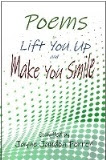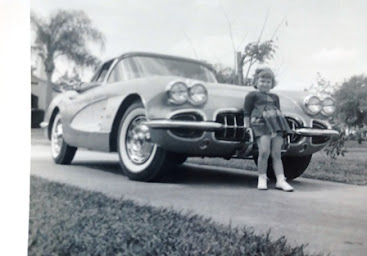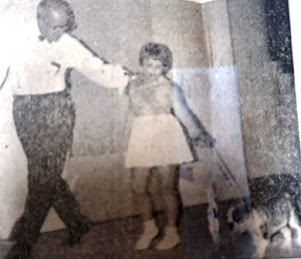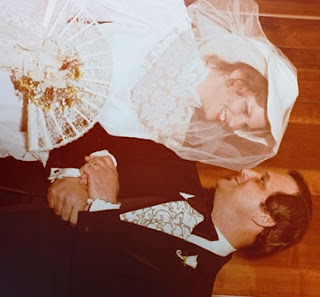My days have been pretty good here lately, but we all know those crummy ones roll around sooner or later. Don’t give in to them! The older I get, the more I realize we are very much the determiners of our own destiny—on a day-by-day basis, at least. We can choose how to react to less-than-perfect days, whether their badness comes in the form of weather, events, encounters (or the lack thereof), and by choosing NOT to let our happiness be derailed by some external force, we can salvage that day for good.
If your happy mood is about to be hit broadside, try one of these tips:
- Take a 10-minute walk outdoors by yourself. Okay, so this might not be an option if it’s raining like crazy or there’s a blizzard in town but, otherwise, this is a terrific way to “push your reset button,” as my friend Pat used to say. Pay attention to detail: a butterfly flitting from flower to flower, an old guy walking his dog, a shopkeeper fixing a window display. The point is to realize what’s happening in your life is a tiny little speck in the great scheme of things. Whatever’s out of sync will pass.
2. Indulge in a treat that’s good and good for you. Chocolate milkshake, probably not so much, but a straight-from-paradise Honey Crisp apple or a banana and peanut butter sandwich? Maybe all that’s wrong is low blood sugar or the need for a caffeine fix. You’d be surprised how grumpy that can make you!
3. Look for a gift. Not one topped with a bow, but one you’ve overlooked. Parking place at the front of the lane? Happy little bird singing outside your window? Your favorite song on the radio? I call those little presents from God. He knows when you’re in a rotten mood and he may not be able to orchestrate a lottery win or heal your plantar fasciitis, but pay attention and you’ll be amazed at how many times He tries to say, “Here, will this help?”
4. Focus on the least worst thing you’re dealing with. Yes, I’m fully aware I have an inner Pollyanna that annoys people to no end but, really, does it do any good to wallow in your misery? (Okay, sometimes a short pity party does help.) Skip past the emaciated savings account, the fight you had with your teenager, the fact that your mom is getting more and more forgetful, and dwell on the fingernail you just broke. Will you die from that? No. Will you lose your job over that? No. Will said nail grow back? Yes. See? That's one thing that's not nearly as awful as it could be.
5. Put things in perspective. I know, from where you sit at the moment, life looks pretty sorry. But switch views. Pretend you’re your 13-year-old neighbor, or your 80-year-old uncle, or the homeless guy on the corner, or Meghan Markle. You might decide you like your life a lot more than you thought.
6. Don’t be a Don’t-Bee; you be a Doo-Bee! Anybody remember the TV show, “Romper Room?” We’re never too old to take good advice: don’t be a Negative Nelly when you can be a Positive Pammy! Sometimes changing your mood is as easy as making up your mind to adjust your attitude.
7. Turn on your radio. Or your MP3, cell phone, CD player, or whatever is the handiest source of music. (Maybe one of your coworkers will do an Elvis impression for you.) Music has an uncanny ability to immediately transport us to a different place and time, especially if it’s a song with fond memories attached. Music is the quickest path I know from crabby to happy (along with #9!).
8. Find something to make you laugh. Go to YouTube and search for laughing babies or goofy animals. Revisit your email joke folder. (You have one of those, right?) Take a break to go read funny greeting cards. Pull up a comedy on Netflix. Not only will you feel better, you’ll add a few years to your life.
9. Find something four-legged and furry. Okay, maybe if you’re a fan of reptiles, a snake can make you smile, but my money’s on mammals. I dare you to stay downtrodden while there’s a kitten in your lap, a dog grinning in your face, a meerkat peering up at you, or a horse nuzzling your neck. Animals = smiles.
10. Do something for someone who’s not expecting it. Sometimes, reminding yourself that it’s not all about you can get you past those rough spots. Focusing on someone else will get your mind off your worries and doing something for someone else, well, that makes you feel good all over. How about putting quarters in a bunch of parking meters downtown, or buying a burger for the lady behind you in the drive-thru? I guarantee that if you surprise the tellers at your bank with a bag of donuts they will treat you like a hero, and if you take a couple of board games or a basketball to your local women’s shelter, you may turn your bad day into the best one ever.



















